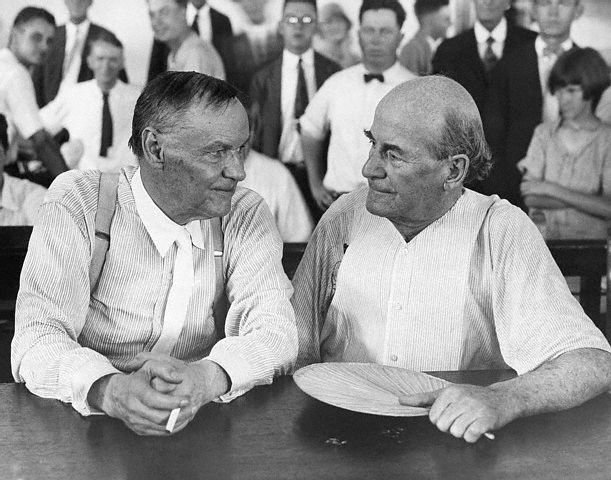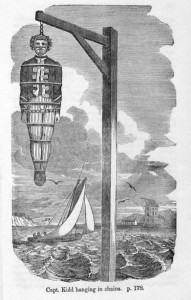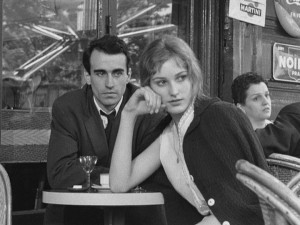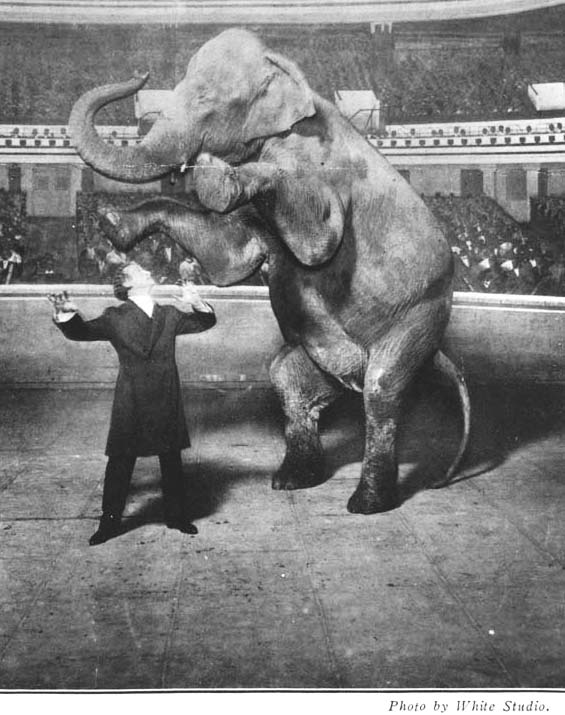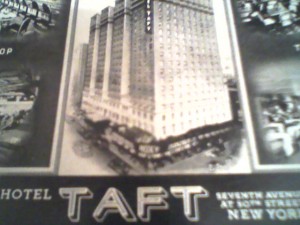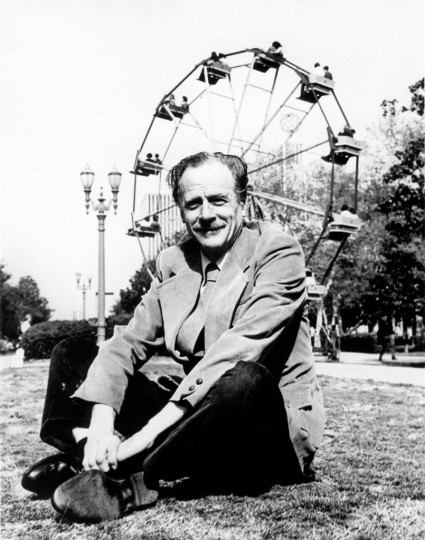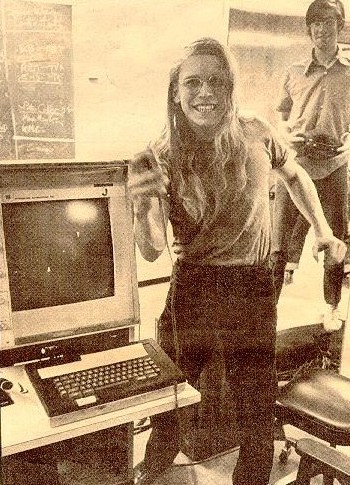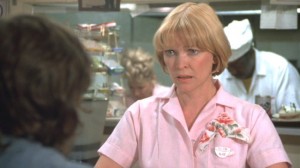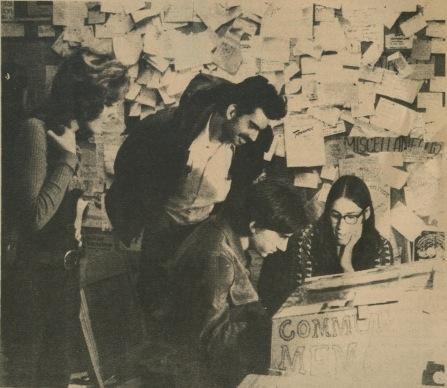
"He declared that unmistakable traces of poison had been found in the stomach and other organs."
In 1892, a Chicago woman died after a period of illness and was buried. But something didn’t sit right with her brother, who had the body exhumed and examined. His instincts proved correct, as it seems foul play was involved. Her son-in-law, a physician and onetime Brooklyn resident named Dr. Henry Martyn Scudder, who had learned a good deal about poisons in India, was thought to be the culprit. As was usually the case with the Brooklyn Daily Eagle of that era, the possible culprit was eagerly tried in the press. (Three months after the publication of this article, Dr. Scudder committed suicide with a large dose of morphine in his jail cell while awaiting trial for homicide.) An excerpt:
“(Chicago, Ill., March 12.) Important developments have occurred in the Scudder case within the last twenty-four hours which will throw a flood of light upon the mystery of the murder of the doctor’s mother in law.
Frank Parker, the brother of the murdered woman, had just returned from Jamesville, Wis., where Mrs. Dunton was buried, as before stated in these dispatches. Mrs. Dunton’s body was exhumed and a careful examination of the skull was made. This was shown to have been fractured in three or four places and injuries were discovered which would easily have caused her death. But there were other matters to be explained. For some time prior to the murder Mrs. Dunton had been in a strange decline, which even the fact of her having an encysted tumor could not account for. This fact was remembered at the autopsy, and Mr. Parker determined that the investigation should be a thorough one. Accordingly the stomach and intestines were examined by the Janesville physicians and chemists. It was a startling discovery that they made.

"Dr. Palmer made a thorough examination of the wounds on Mrs. Dunton’s head, and he thinks they were made with a piece of gas pipe." (Image by Bernard bill5.)
When seen by an Eagle correspondent on his return from Janesville, Mr. Parker was too much agitated to tell fully the result of the analysis, but to a friend he declared that unmistakable traces of poison had been found in the stomach and other organs. There can be no doubt of this and the fact is going to play an important part when Dr. Scudder is placed on trial.
Although not willing to tell all that he has discovered to the newspapers. Mr. Parker did say this much to a reporter who called on him: “I was in Janesville Monday and Tuesday with Drs. Palmer and Chittenden to assist me. I had the body of my sister exhumed. Dr. Palmer has gathered evidence which is incontrovertible that Mrs. Dunton was murdered.”
The excitement in Janesville is intense and if Dr. Scudder had been in that town this week there would be no need of a trial. Dr. Palmer made an examination of the intestines and found evidence there of a startling nature. I cannot tell about these things in detail, because the lawyers in the case have told me to keep still. I can say that the intestines will be brought here Monday by Dr. Palmer and used as evidence in court. The membranes of the neck where the injection was administered will also show disclosures of a startling nature. Dr. Palmer made a thorough examination of the wounds on Mrs. Dunton’s head, and he thinks they were made with a piece of gas pipe. Those wounds alone were sufficient to cause death. The lawyers say that Dr. Palmer’s evidence is sufficient to convict Dr. Scudder.
 “Dr. Scudder was for many years a resident of India and he has always prided himself on his knowledge of the mysterious drugs.”
“Dr. Scudder was for many years a resident of India and he has always prided himself on his knowledge of the mysterious drugs.”
In view of these facts, it is now said that the prosecution will show that a deliberate attempt was made to poison Mrs. Dunton. That while she was greatly affected by the drugs, distinct traces of which were found in the internal organs, her decline was not so rapid as was evidently expected, and that thereupon her death was brought about in a violent manner.
Dr. Scudder was for many years a resident of India and he has always prided himself on his knowledge of the mysterious drugs used by the Orientals. The name of the poison found by the Jamesville chemists is to be kept secret until the doctor is put on trial. This afternoon an important investigation into the doctor’s sanity is in progress before Judge Scales of the county court.”

